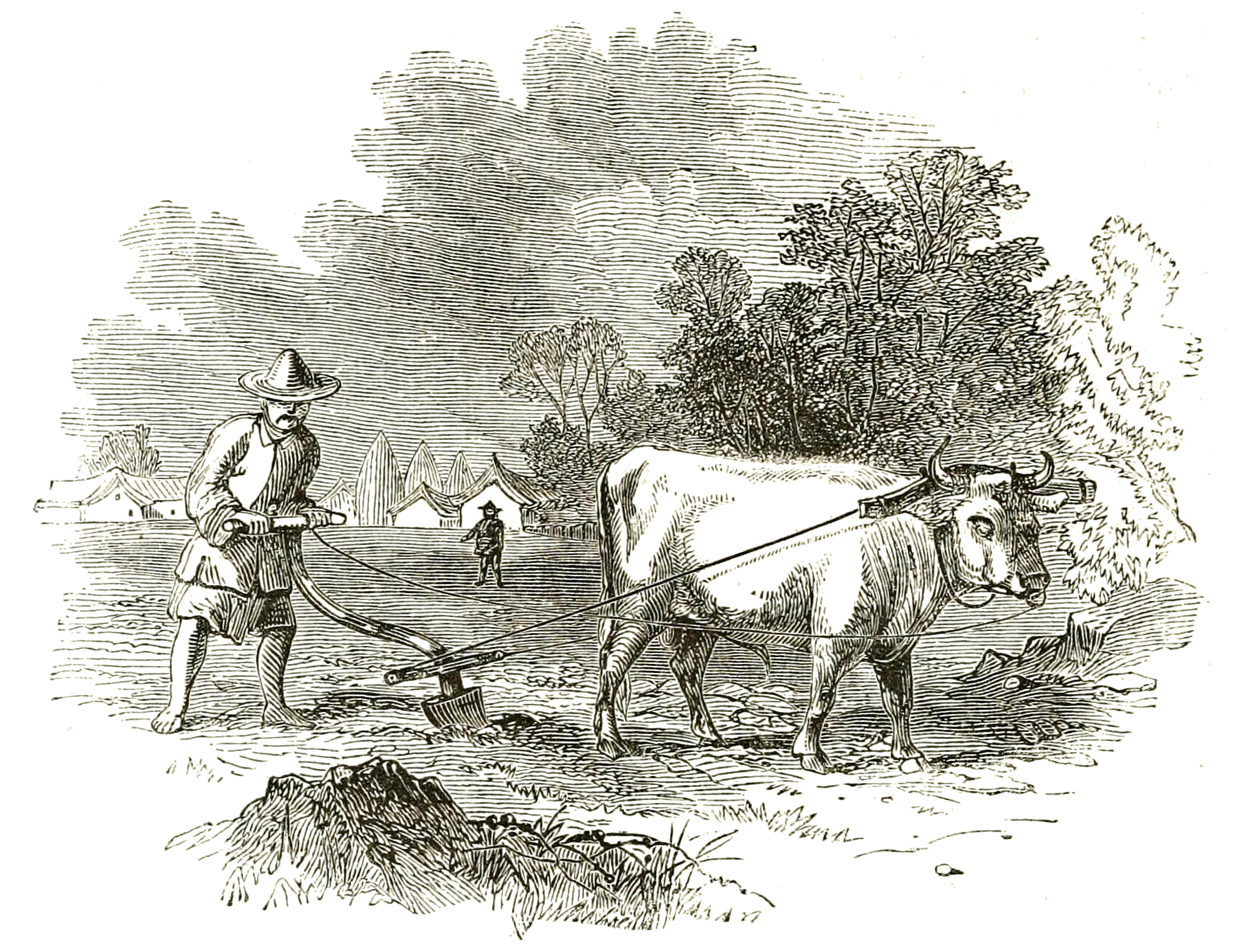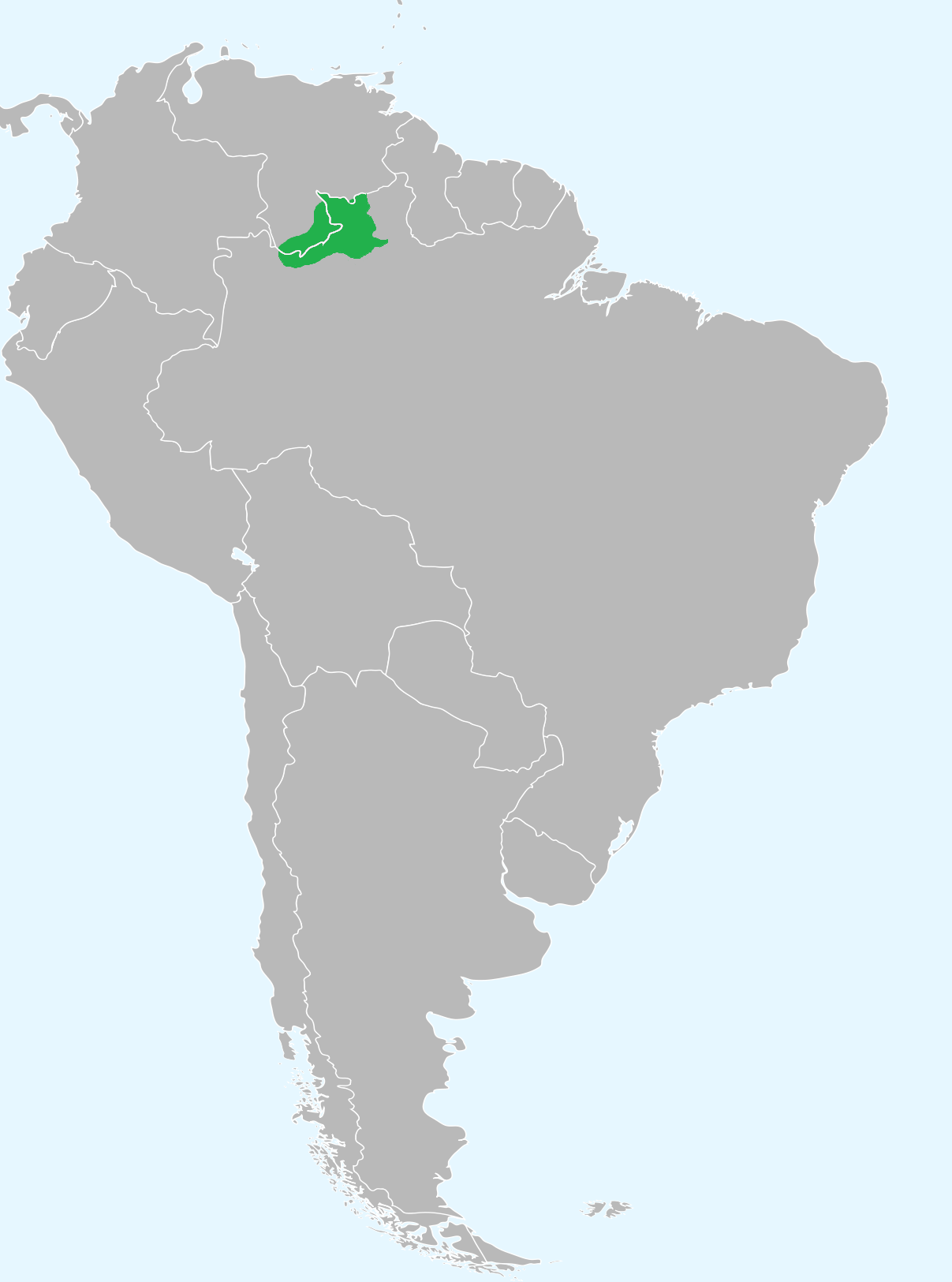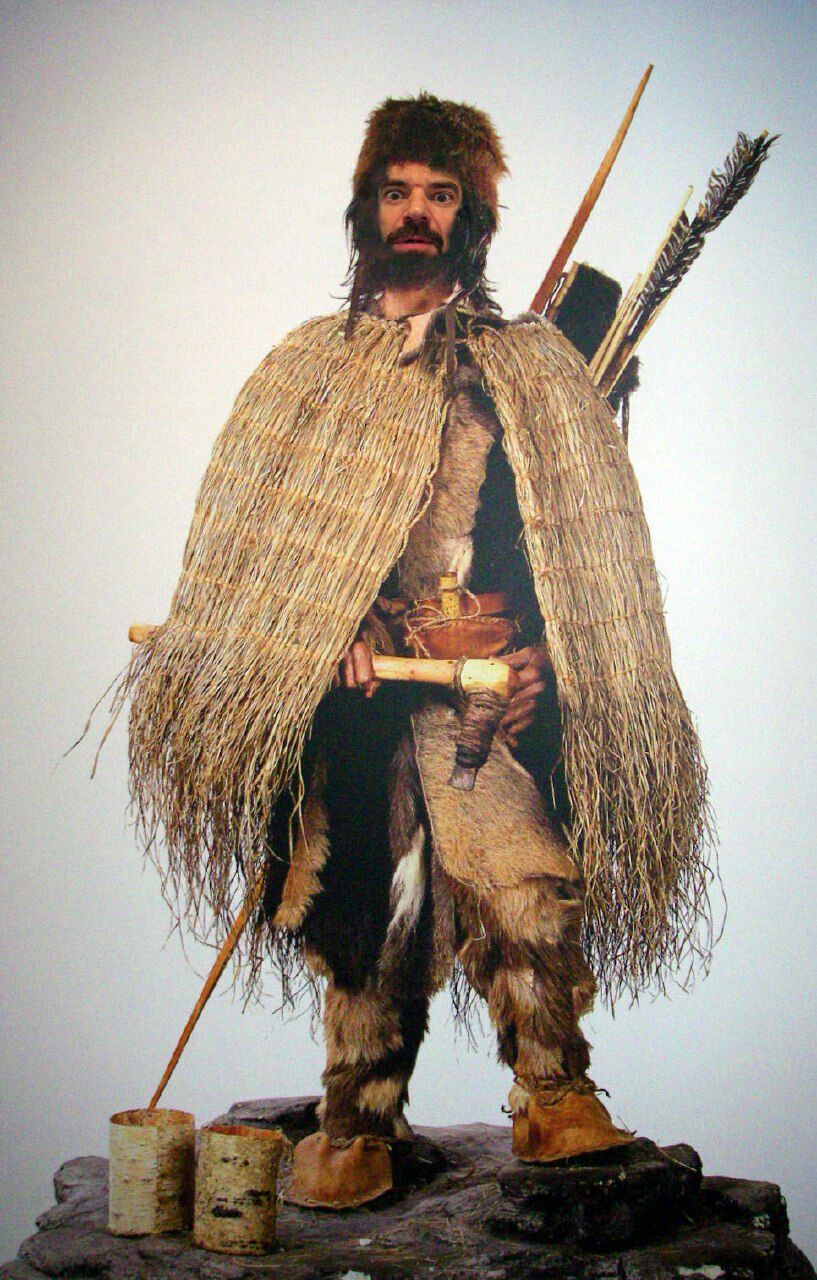|
Feuds
A feud , also known in more extreme cases as a blood feud, vendetta, faida, clan war, gang war, private war, or mob war, is a long-running argument or fight, often between social groups of people, especially families or clans. Feuds begin because one party perceives itself to have been attacked, insulted, injured, or otherwise wronged by another. Intense feelings of resentment trigger an initial retribution, which causes the other party to feel greatly aggrieved and vengeful. The dispute is subsequently fueled by a long-running cycle of retaliatory violence. This continual cycle of provocation and retaliation usually makes it extremely difficult to end the feud peacefully. Feuds can persist for generations and may result in extreme acts of violence. They can be interpreted as an extreme outgrowth of social relations based in family honor. A mob war is a time when two or more rival families begin open warfare with one another, destroying each other's businesses and assassinating f ... [...More Info...] [...Related Items...] OR: [Wikipedia] [Google] [Baidu] |
Albanian Blood Feud
In traditional Albanian culture, ( English: "blood-taking", i.e. "blood feud") or ("revenge") is the social obligation to kill an offender or a member of their family in order to salvage one's honor. This practice is generally seen as in line with the social code known as the Canon of Lekë Dukagjini () or simply the '' Kanun'' (consisting of 12 books and 1,262 articles). The code was originally a "a non-religious code that was used by Muslims and Christians alike." Protecting one's honor is an essential component to Albanian culture because it is the core of social respectability. Honor is held in very high regard because it carries over generations. Legacies and history are carried in the family names of Albanians and must be held in high priority, even at the cost of one's life. Therefore, when a personal attack of a formidable magnitude is unleashed on a member of any family, an equal punishment is to be expected by the laws of the Kanun. Some of the actions that initiate ... [...More Info...] [...Related Items...] OR: [Wikipedia] [Google] [Baidu] |
Krvna Osveta
Krvna osveta ( sr-Cyrl, Крвна освета) ("blood feud") is a law of Feud, vendetta among South Slavic peoples in Montenegro and Herzegovina that has been practiced by Serbs, Bosniaks, and Croats (predominantly from Herzegovina) throughout history. First recorded in medieval times, the feud is typically sparked by an offense such as murder, rape, assault, or similar wrongdoing. Associates or relatives of the victim, whether they are genuinely wronged or simply perceive it that way, are then prompted to fulfill the social obligation of avenging the victim. The revenge was seen as a way of maintaining one's honor, which was one of the most important aspects of traditional South Slavic culture. Origins Among ethnic Albanians, particularly in Northern Albania and Kosovo, blood feuds are part of a centuries-old tradition. The rules associated with the feuding date back to the Kanun of Lek Dukagjin (also known as the Kanun or Code), which are a set of customary laws that trace ... [...More Info...] [...Related Items...] OR: [Wikipedia] [Google] [Baidu] |
Revenge
Revenge is defined as committing a harmful action against a person or group in response to a grievance, be it real or perceived. Vengeful forms of justice, such as primitive justice or retributive justice, are often differentiated from more formal and refined forms of justice such as distributive justice or restorative justice. Function in society Social psychologist Ian Mckee states that the desire for the sustenance of power motivates vengeful behavior as a means of impression management: "People who are more vengeful tend to be those who are motivated by power, by authority and by the desire for status. They don't want to lose face". Vengeful behavior has been found across a majority of human societies throughout history. Some societies encourage vengeful behavior, which is then called a feud. These societies usually regard the honor of individuals and groups as of central importance. Thus, while protecting their reputation, an avenger feels as if they restore the pre ... [...More Info...] [...Related Items...] OR: [Wikipedia] [Google] [Baidu] |
Culture Of Albania
Albanian culture or the culture of Albanians ( ) is a term that embodies the Albanian art, artistic, Albanian cuisine, culinary, Albanian literature, literary, Music of Albania, musical, Politics of Albania, political and Traditions of Albania, social elements that are representative of ethnic Albanians, which implies not just Albanians of the country of Albania but also Albanians of Kosovo, North Macedonia and Montenegro, where ethnic Albanians are a native population. Albanian culture has been considerably shaped by the Geography of Albania, geography and history of Albania, Kosovo, parts of Montenegro, parts of North Macedonia, and parts of Northern Greece, traditional homeland of Albanians. It evolved since ancient times in the western Balkans, with its peculiar Albanian language, language, Albanian paganism, pagan beliefs and practices, Albanian tribes, way of life and Traditions of Albania, traditions. Albanian culture has also been influenced by the Ancient Greeks, Ancient ... [...More Info...] [...Related Items...] OR: [Wikipedia] [Google] [Baidu] |
Family
Family (from ) is a Social group, group of people related either by consanguinity (by recognized birth) or Affinity (law), affinity (by marriage or other relationship). It forms the basis for social order. Ideally, families offer predictability, structure, and safety as members mature and learn to participate in the community. Historically, most human societies use family as the primary purpose of Attachment theory, attachment, nurturance, and socialization. Anthropologists classify most family organizations as Matrifocal family, matrifocal (a mother and her children), patrifocal (a father and his children), wikt:conjugal, conjugal (a married couple with children, also called the nuclear family), avuncular (a man, his sister, and her children), or Extended family, extended (in addition to parents, spouse and children, may include Grandparent, grandparents, Aunt, aunts, Uncle, uncles, or Cousin, cousins). The field of genealogy aims to trace family lineages through history. Th ... [...More Info...] [...Related Items...] OR: [Wikipedia] [Google] [Baidu] |
War Deaths Caused By Warfare
War is an armed conflict between the armed forces of states, or between governmental forces and armed groups that are organized under a certain command structure and have the capacity to sustain military operations, or between such organized groups. It is generally characterized by widespread violence, destruction, and mortality, using regular or irregular military forces. ''Warfare'' refers to the common activities and characteristics of types of war, or of wars in general. Total war is warfare that is not restricted to purely legitimate military targets, and can result in massive civilian or other non-combatant suffering and casualties. Etymology The English word ''war'' derives from the 11th-century Old English words and , from Old French ( as in modern French), in turn from the Frankish , ultimately deriving from the Proto-Germanic language">Proto-Germanic . The word is related to the Old Saxon , Old High German , and the modern German , meaning . History An ... [...More Info...] [...Related Items...] OR: [Wikipedia] [Google] [Baidu] |
Pre-industrial
Pre-industrial society refers to social attributes and forms of political and cultural organization that were prevalent before the advent of the Industrial Revolution, which occurred from 1750 to 1850. ''Pre-industrial'' refers to a time before there were machines and tools to help perform tasks ''en masse''. Pre-industrial civilization dates back to centuries ago, but the main era known as the pre-industrial society occurred right before the industrial society. Pre-Industrial societies vary from region to region depending on the culture of a given area or history of social and political life. Europe was known for its feudal system and the Italian Renaissance. The term "pre-industrial" is also used as a benchmark for environmental conditions before the development of industrial society: for example, the Paris Agreement, adopted in Paris on 12 December, 2015 and in force from 4 November, 2016, "aims to limit global warming to well below 2, preferably to 1.5 degrees celsius, com ... [...More Info...] [...Related Items...] OR: [Wikipedia] [Google] [Baidu] |
Ya̧nomamö
The Yanomami, also spelled Yąnomamö or Yanomama, are a group of approximately 35,000 indigenous people who live in some 200–250 villages in the Amazon rainforest on the border between Venezuela and Brazil. Etymology The ethnonym ''Yanomami'' was produced by anthropologists based on the word , which, in the expression , signifies "human beings." This expression is opposed to the categories (game animals) and (invisible or nameless beings), but also (enemy, stranger, non-indigenous). According to ethnologist Jacques Lizot: ''Yanomamö'' and ''Yanomama'' are variant spellings. Supporters of the work on the tribe of anthropologist Napoleon Chagnon usually use ''Yanomamö''. Those who oppose his work or are neutral usually use ''Yanomami'' or ''Yanomama''. History The first report of the Yanomami is from 1654, when a Spanish expedition under Apolinar Diaz de la Fuente visited some Ye'kuana people living on the Padamo River. Diaz wrote: From approximately 1630 to 17 ... [...More Info...] [...Related Items...] OR: [Wikipedia] [Google] [Baidu] |
Enslavement
Slavery is the ownership of a person as property, especially in regards to their labour. Slavery typically involves compulsory work, with the slave's location of work and residence dictated by the party that holds them in bondage. Enslavement is the placement of a person into slavery, and the person is called a slave or an enslaved person (see ). Many historical cases of enslavement occurred as a result of breaking the law, becoming indebted, suffering a military defeat, or exploitation for cheaper labor; other forms of slavery were instituted along demographic lines such as race or sex. Slaves would be kept in bondage for life, or for a fixed period of time after which they would be granted freedom. Although slavery is usually involuntary and involves coercion, there are also cases where people voluntarily enter into slavery to pay a debt or earn money due to poverty. In the course of human history, slavery was a typical feature of civilization, and existed in most socie ... [...More Info...] [...Related Items...] OR: [Wikipedia] [Google] [Baidu] |
Prehistoric Warfare
Prehistoric warfare refers to war that occurred between societies without recorded history. The existence—and the definition—of war in humanity's hypothetical state of nature has been a controversial topic in the history of ideas at least since Thomas Hobbes in ''Leviathan'' (1651) argued a "war of all against all", a view directly challenged by Jean-Jacques Rousseau in a '' Discourse on Inequality'' (1755) and ''The Social Contract'' (1762). The debate over human nature continues, spanning contemporary anthropology, archaeology, ethnography, history, political science, psychology, primatology, and philosophy in such divergent books as Azar Gat's ''War in Human Civilization'' and Raymond C. Kelly's ''Warless Societies and the Origin of War''. For the purposes of this article, "prehistoric war" will be broadly defined as a state of organized lethal aggression between autonomous preliterate communities. Paleolithic Some scientists argue that humans have a predisposit ... [...More Info...] [...Related Items...] OR: [Wikipedia] [Google] [Baidu] |
Vengeance
Vengeance may refer to: *Vengeance (concept) or revenge, a harmful action against a person or group in response to a grievance Film * ''Vengeance'' (1930 film), action adventure film directed by Archie Mayo * ''Vengeance'' (1937 film) or ''What Price Vengeance?'', Canadian film directed by Del Lord * ''Vengeance'' (1958 film), Spanish drama directed by Juan Antonio Bardem * ''Vengeance'' (1968 film), Spaghetti Western by Antonio Margheriti * ''Vengeance'' (1970 film), kung fu film directed by Chang Cheh * ''Vengeance'' (2009 film), French-Hong Kong film directed by Johnnie To * ''Vengeance'' (2014 film), action film starring Danny Trejo * ''Vengeance'' (2022 film), dark comedy film written, directed, and starring B. J. Novak * '' Vengeance: A Love Story'', a 2017 American action thriller film * '' The Vengeance Trilogy'', series of three South Korean films directed by Park Chan-wook * ''Vengeance'', the working title of the 2022 film '' The Batman'' Literature * Veng ... [...More Info...] [...Related Items...] OR: [Wikipedia] [Google] [Baidu] |
Marueta People
In a tribe called Marueta, located in Venezuela, South America, live the Maco people. They are one of several tribes called "Maco" by the Arawak peoples The Arawak are a group of Indigenous peoples of the Americas, Indigenous peoples of northern South America and of the Caribbean. The term "Arawak" has been applied at various times to different Indigenous groups, from the Lokono of South Ameri .... Indigenous peoples in Venezuela Indigenous peoples of the Guianas {{venezuela-stub ... [...More Info...] [...Related Items...] OR: [Wikipedia] [Google] [Baidu] |







